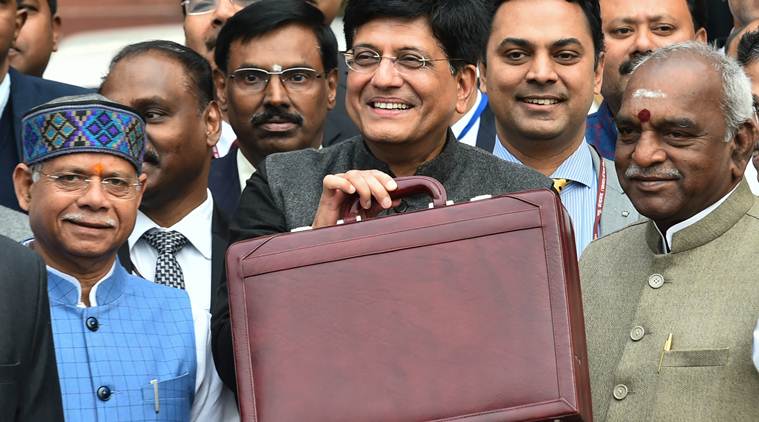Who will pay for sops?
Government’s claim that structural changes to the economy are paying off, and that is being used to give back to the people, is problematic.

The Interim Union Budget 2019 is no less than a full budget with changes in taxation and announcement of lucrative schemes for various sections of the population. The recent losses in three major assembly elections rang alarm bells for the ruling dispensation. With the general election around the corner, it had to act to regain the support of various segments of the population. The government’s policies in the last five years have caused distress to farmers, youth, small businesses, the cottage industries sector and minorities.
Small and marginal farmers will get Rs 6,000 per year. Concessions on credit and crop insurance to farmers have been announced. There is a pension scheme for unorganised sector workers. The lower middle classes have got concessions in income tax. The upper middle class has got concession in taxation on a second house. There are schemes for the SCs, STs, women, nomadic tribes and senior citizens.
There is no proposal for additional taxation. Given that in the current year, tax collection was lagging behind and the fiscal deficit was running way ahead of the target — 114 per cent in the seventh month itself — next year could be worse with additional expenditures but no proposals for raising additional revenue. More taxes are not sought to be raised lest some section feels hurt and that is undesirable in an election year. The rich could have been taxed more through a wealth tax or a cess on corporation tax. Actually, the corporates were expecting a reduction in the tax rate from 30 per cent to 2 per cent, announced two years back, but they would be happy that the tax rate has not gone up.
The budget shows only a marginal rise in the fiscal deficit to 3.4 per cent in spite of the planned new expenditures and tax concessions. But if the revenue projections turn out to be incorrect, the deficit would indeed be higher.
Is the government now reaping the benefits of the structural reforms that it carried out in the last five years — demonetisation, digitisation and GST? In the budget speech, it was claimed that demonetisation has expanded the tax base, leading to higher direct tax collection. Digitisation and GST are also supposed to do the same by expanding the tax base. It is claimed that the number of tax filers has doubled in the last few years, but the direct tax to GDP ratio has risen by 0.3 per cent last year — hardly much of a rise.
The GST collection this year is short by about Rs 1 lakh crore. Thus, tax collection is not showing high buoyancy. Non-tax revenues are also not very buoyant. There was pressure on the RBI to announce a special dividend and pass on revaluation reserves (a few lakh crore) to the government. This did not materialise due to resistance from the RBI. The government wanted this money to announce big concessions. The wonder is that without this, many concessions have been announced and without the fiscal deficit rising.










.png)




























No hay comentarios:
Publicar un comentario